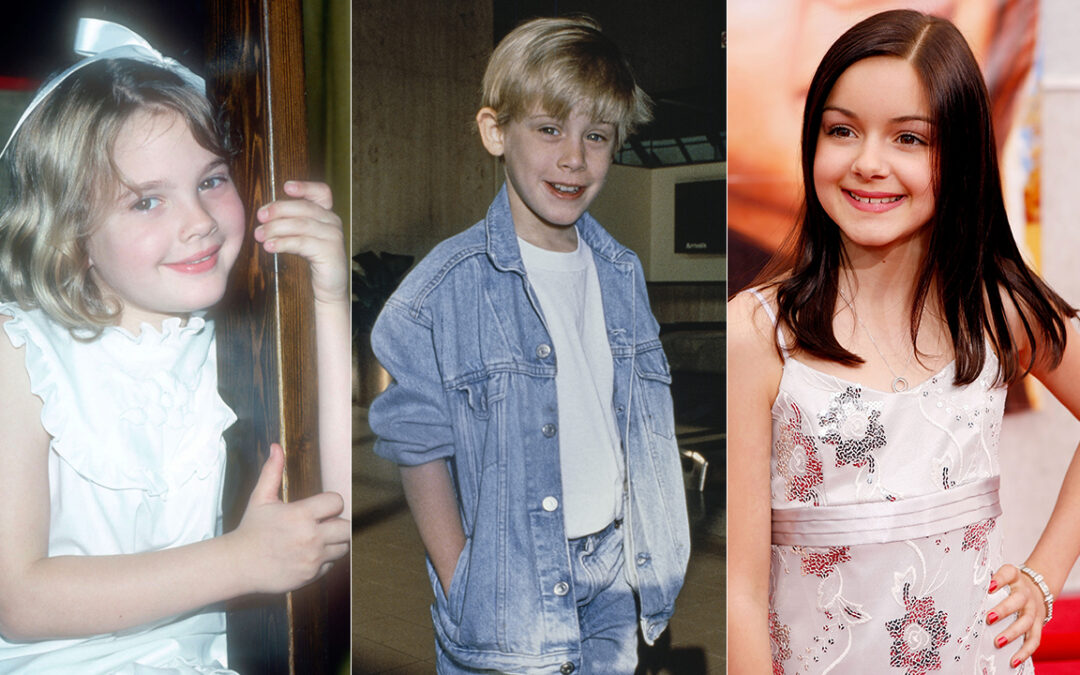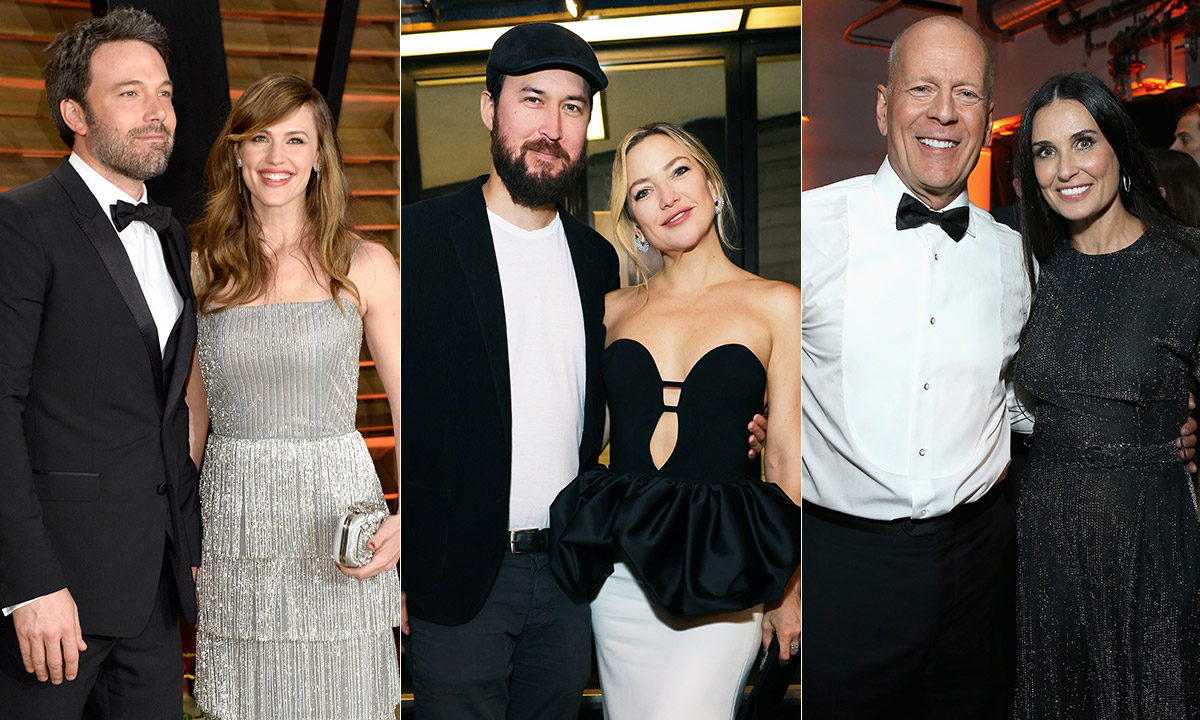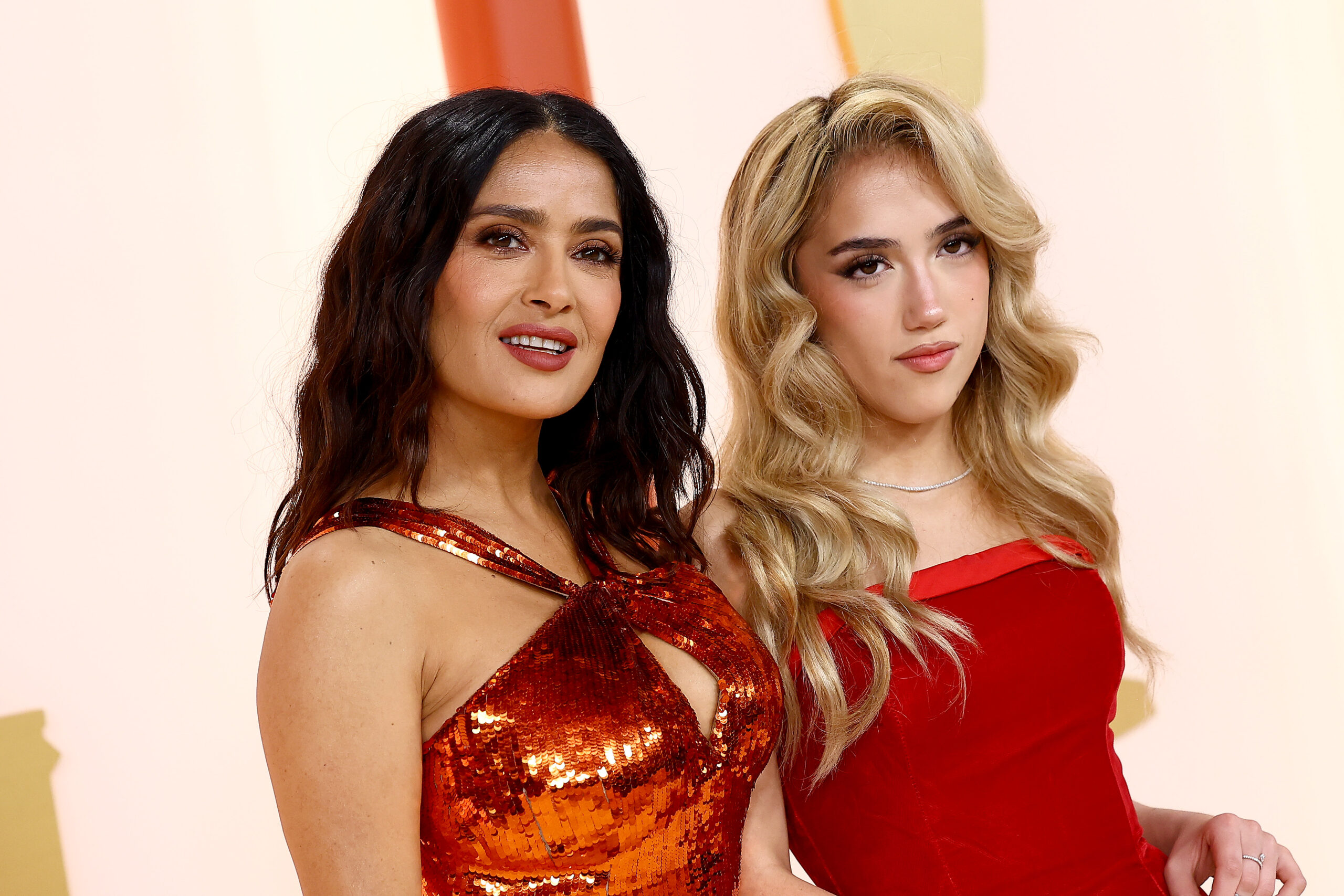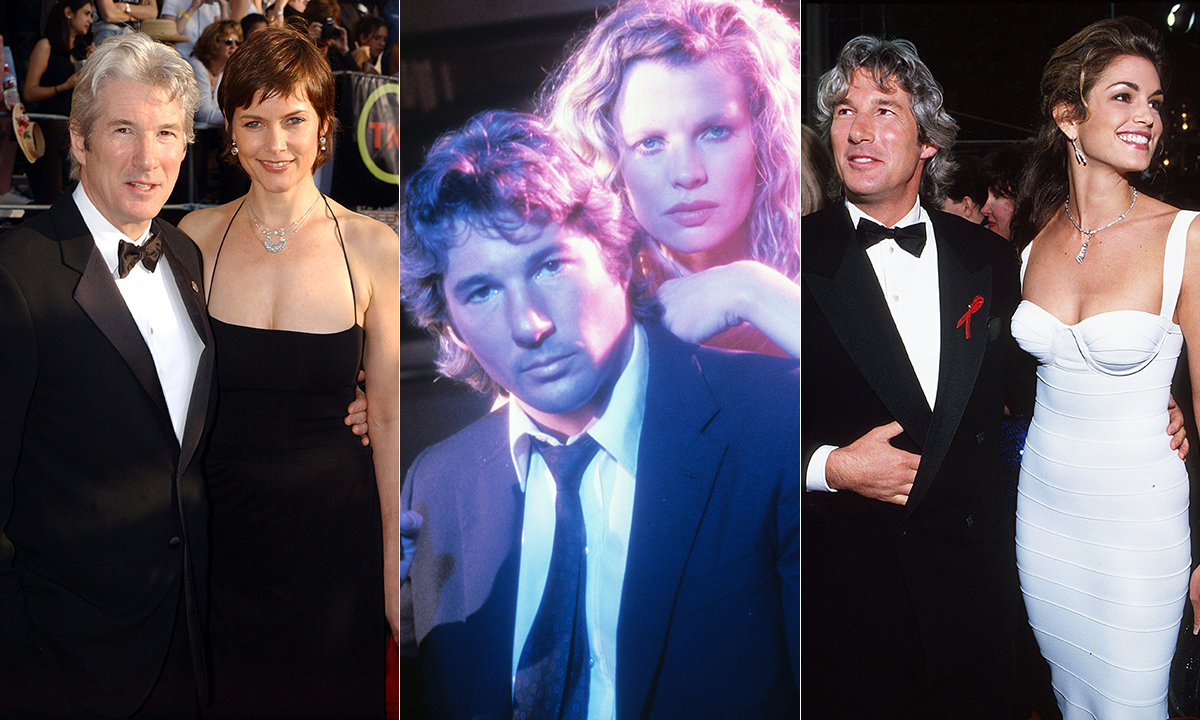It’s a well-known fact that Hollywood is no place for kids; child stardom often brings overwhelming pressure, long hours, and exposure to the industry’s dark side. For some, being a child star can lead to a legal fight for emancipation at ages when most kids are still learning basic life lessons.
These stars sought independence to take control of their lives, breaking ties with parents who, in some cases, were a source of pain rather than protection. Join HELLO! as we explore the stories of child actors who took the brave step to emancipate themselves and carve out their own paths in life.
Drew Barrymore: Emancipated at 14
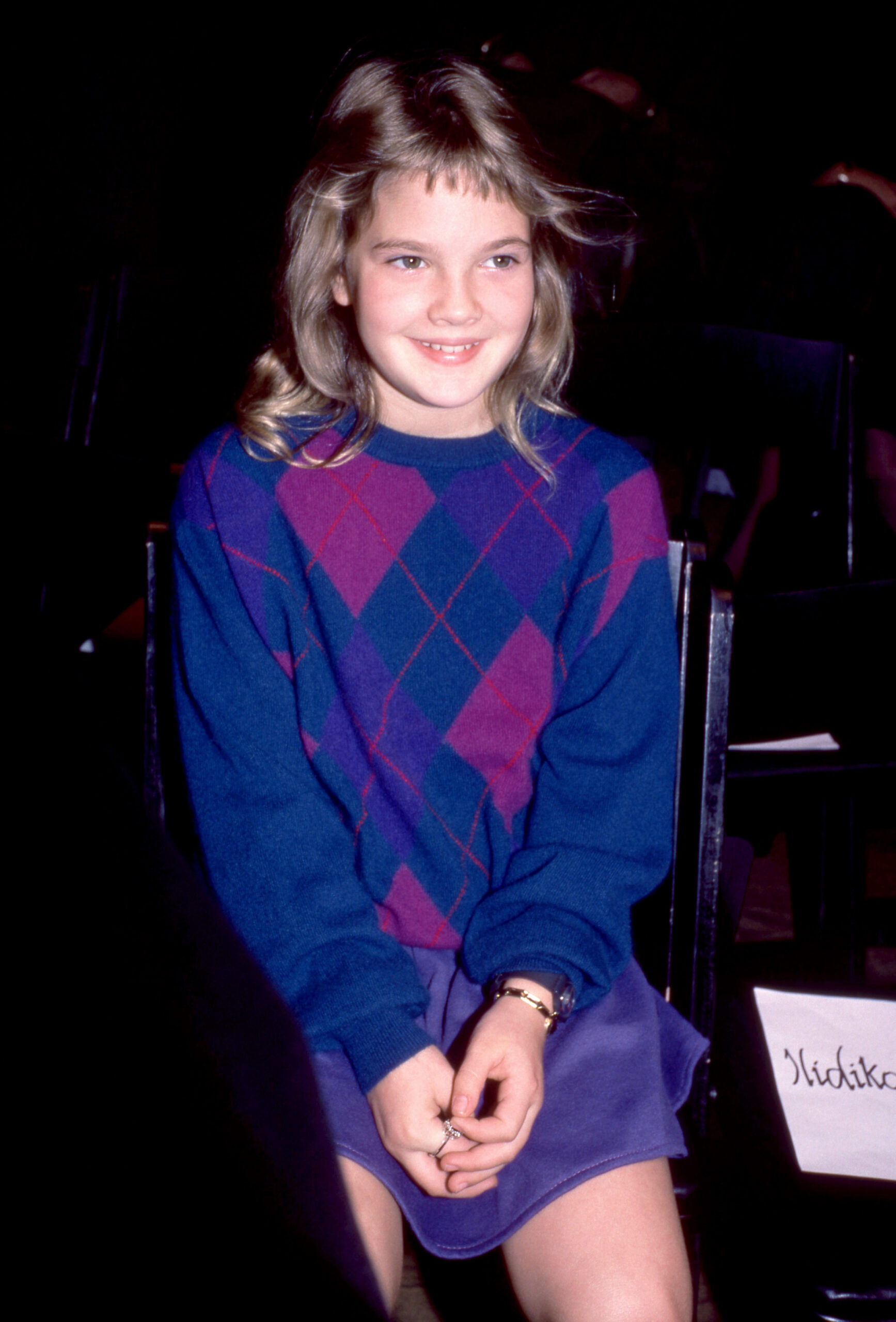
Drew Barrymore’s story of emancipation is well-known, thanks to her famous family and fraught, substance-fuelled childhood.
“I was out of control due to working since I was 11 months old, and what that had done to my childhood which made me grow up too fast,” she wrote in her memoir, Wildflower.
“Work was a very positive thing in my life, and sadly, it had been taken away because my mother also put me in an institution because she felt helpless. But when people found out, they just wrote me off as damaged goods, and I sadly understood that.”
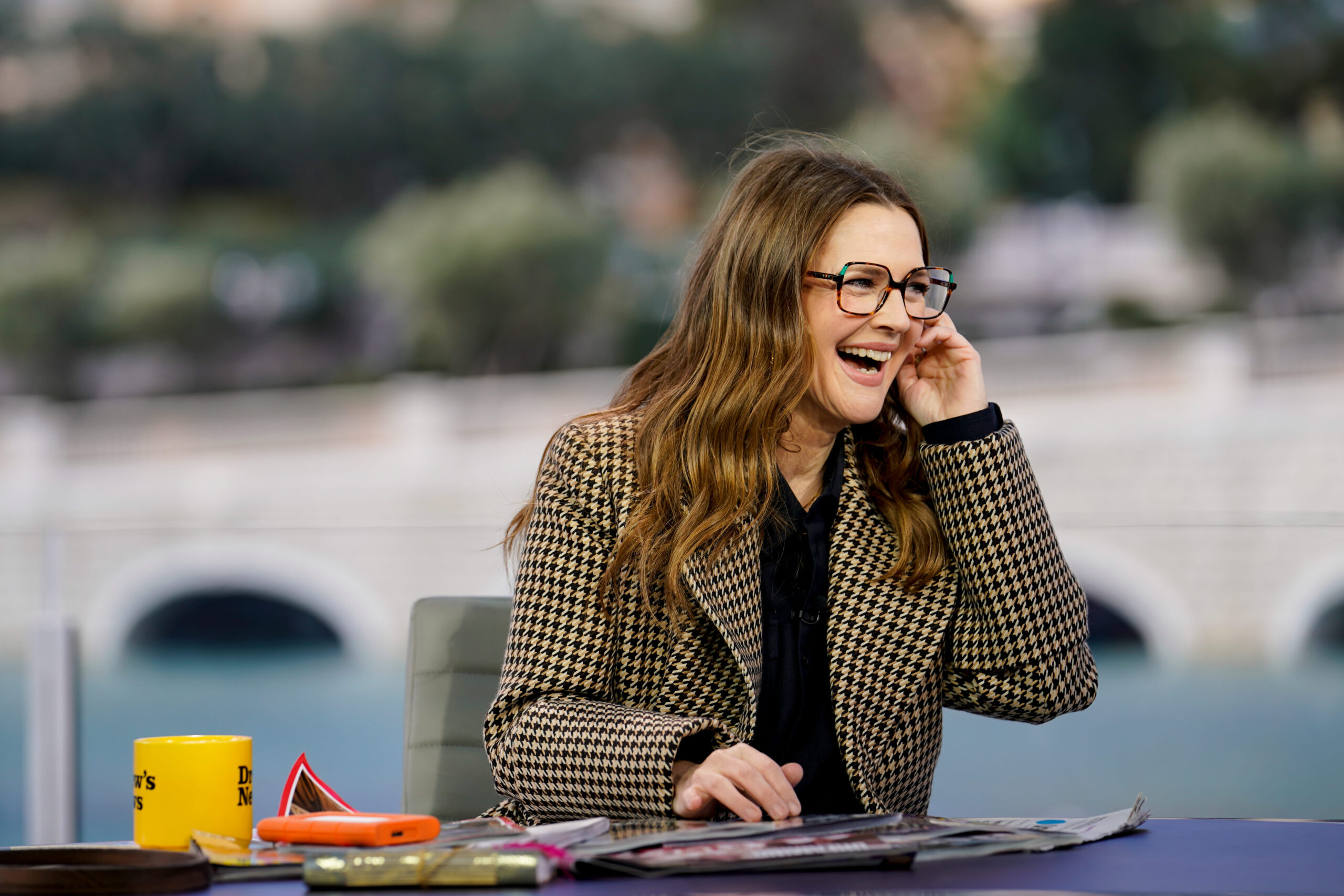
The talk show host has been candid about her estrangement from her mother, Jaid, writing that their relationship suffered after Jaid’s questionable decisions, like taking her to Studio 54 instead of school.
Drew’s journey to self-reliance came after years of instability, but by 14, she knew it was time to take control of her life. “I was never unprofessional, but I was on a hiatus from being employable. And when I turned 14 and wanted to start my life over, I wanted to do things on my own terms,” she wrote.
The star is still estranged from her parents, but her emancipation meant she could work towards getting sober and enjoy a successful Hollywood career.
Ariel Winter: Emancipated at 17

Ariel Winter’s battle for freedom began at 14 when she was removed from her mother’s care due to evidence of emotional abuse. According to court documents obtained by TMZ, Ariel’s mother would force her on strict diets and dress her in clothes that were not age-appropriate for the young teen.
After years of legal struggles, the Modern Family star was emancipated at 17, with her older sister Shanelle Gray becoming her legal guardian.
Ariel expressed her gratitude on Twitter, thanking her family, friends, and fans for their support during the difficult time. “I’m really lucky I have an amazing support system and lovely people in my life who have given me the support and guidance,” she wrote.
“Most importantly, I want to thank [Shanelle] and my father for their special support regarding this matter; I really couldn’t have done it without them… I can’t wait to embark on my new adventures.”
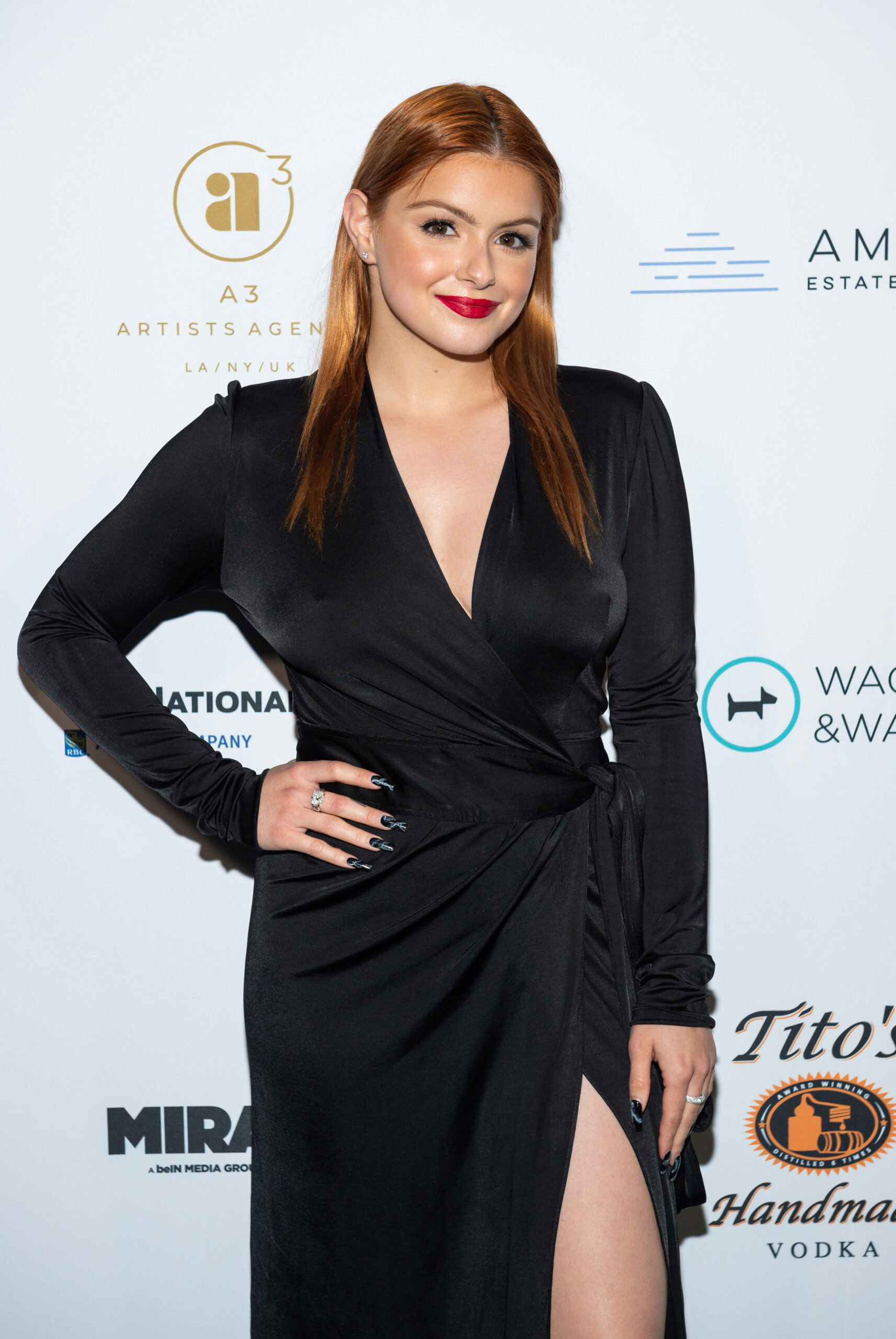
Her mother, Chrystal Workman, publicly contested the allegations, even appearing on The Dr. Phil Show to share her side. However, Ariel remained focused on her well-being, remarking on Ellen that her mother’s actions were about improving her image rather than healing their relationship.
“It just really didn’t try and fix anything with me,” she said on the show. “It just tried to make herself look better, and I’m not interested in doing that. People can make their own judgments. I had to do what I had to do for myself.”
Jena Malone: Emancipated at 15
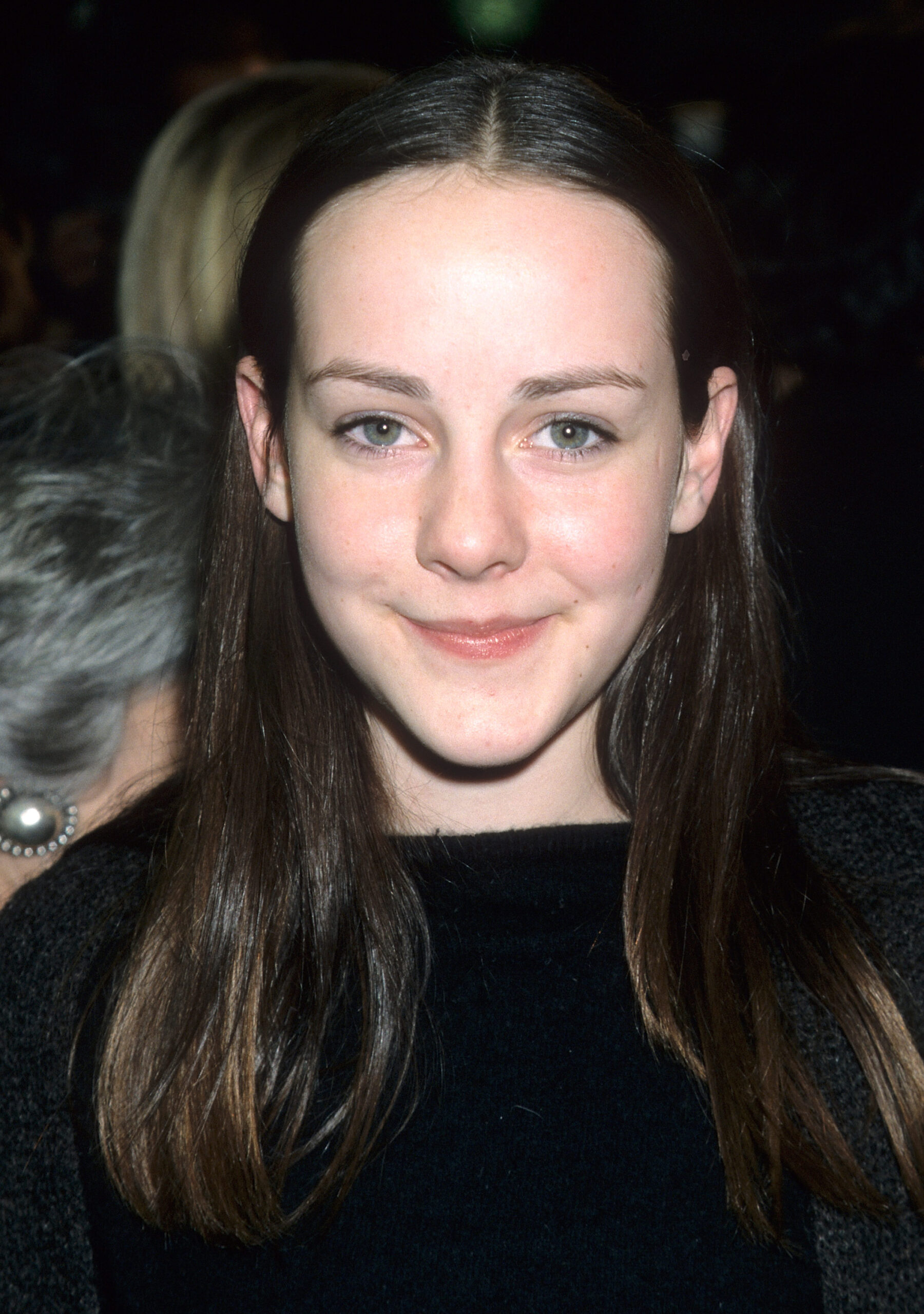
Jena Malone’s decision to seek emancipation at 15 stemmed from her allegations that her mother mismanaged her finances, squandering the money she had earned as a young actress.
After moving more than 27 times in her childhood, thanks to her mother’s poor finances and absent father, Jena’s rising career meant they could pay off their debts. But after her turn as Susan Sarandon’s daughter in Stepmom, Jena was ready to leave.
She took legal action against her mother, Debbie, accusing her of “excessive spending and mismanagement,” leading to over $1 million of her earnings being wasted as per the LA Times.
The Hunger Games star, already mature beyond her years, told The Daily Beast that that moment was a turning point in her life. “I wanted to be an adult, and I felt I’d already been an adult for a very long time,” she said.
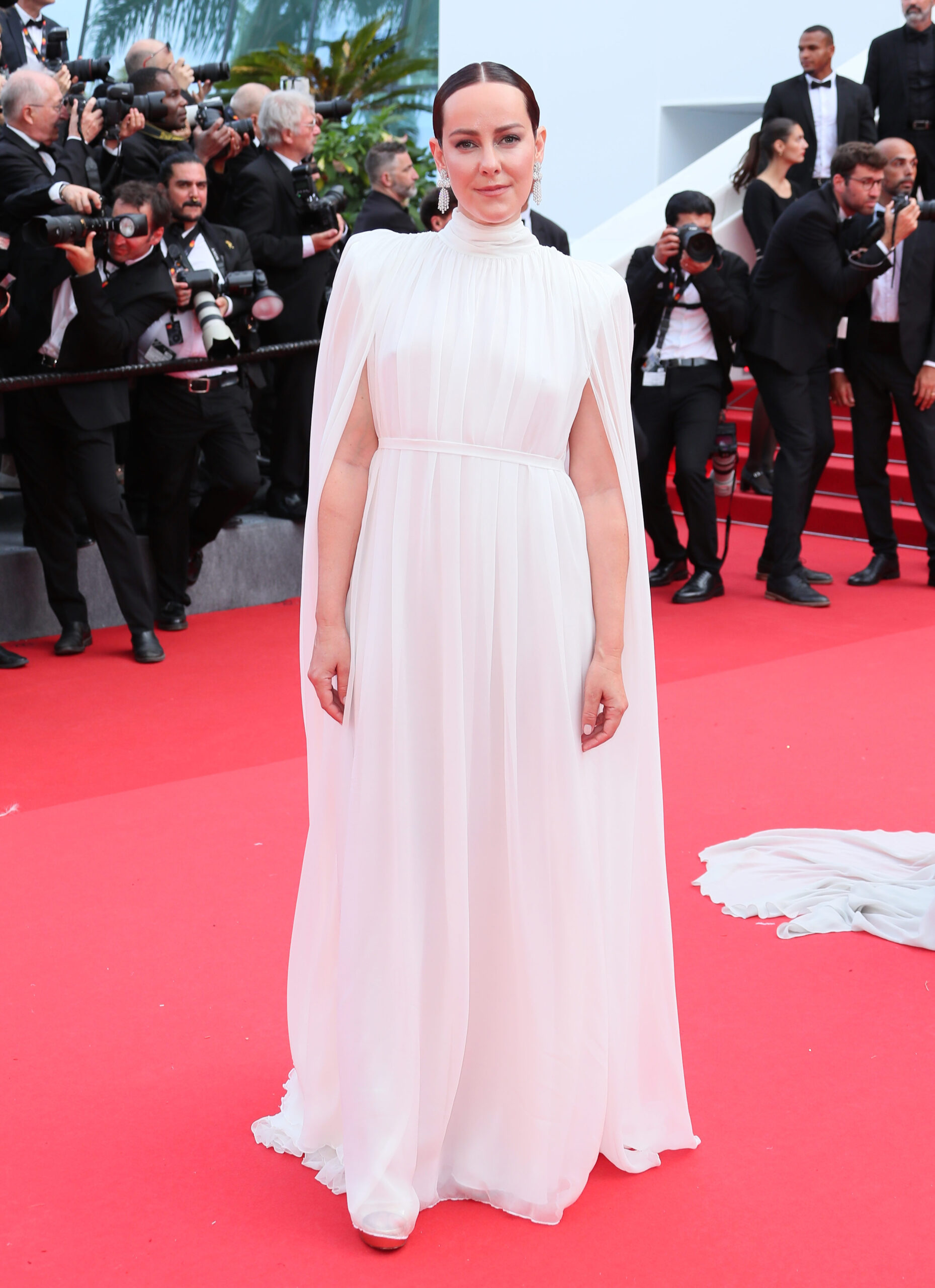
Her emancipation allowed her to manage her own finances and helped her transition from a child actor to an independent young woman with a flourishing career; but the move wasn’t without its drawbacks.
“When I first moved out on my own, it was weird,” she said in an interview with People. “If I wanted to eat, I had to cook. I could stay up as late as I wanted, but after a few nights of staying up until dawn, you realize you need sleep. You eventually grow up.”
Courtney Love: Emancipated at 16
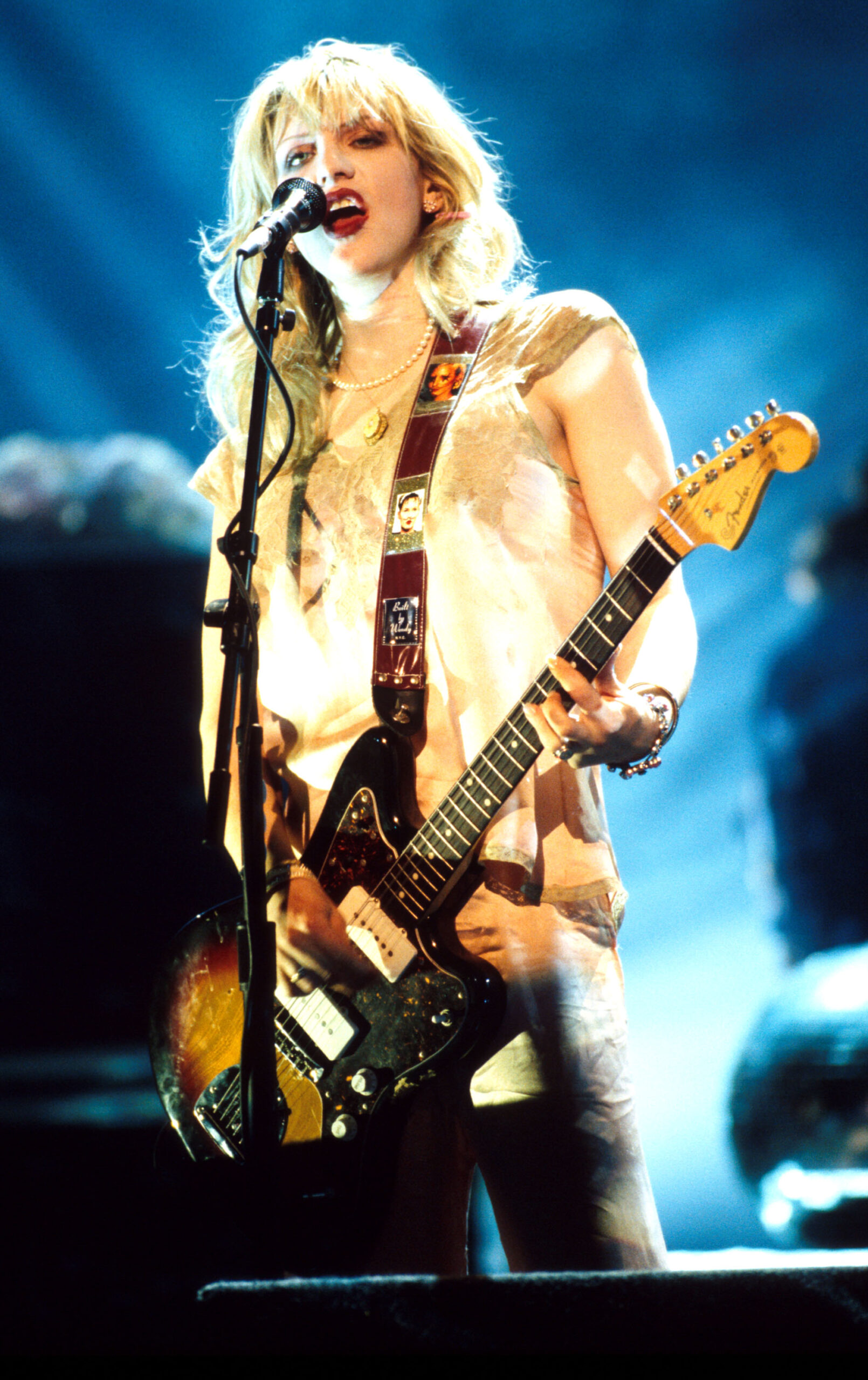
Courtney Love’s troubled childhood saw her in and out of foster care before she finally emancipated herself at 16.
Born to a mother battling addiction, Courtney grew up in chaotic circumstances, including time spent in youth correctional facilities and shelters.
Reflecting on her tumultuous relationship with her mother, Courtney told Vanity Fair: “I swore I’d never be like my mother, but I’m just the same. She threw it all away, and I threw it all away.”
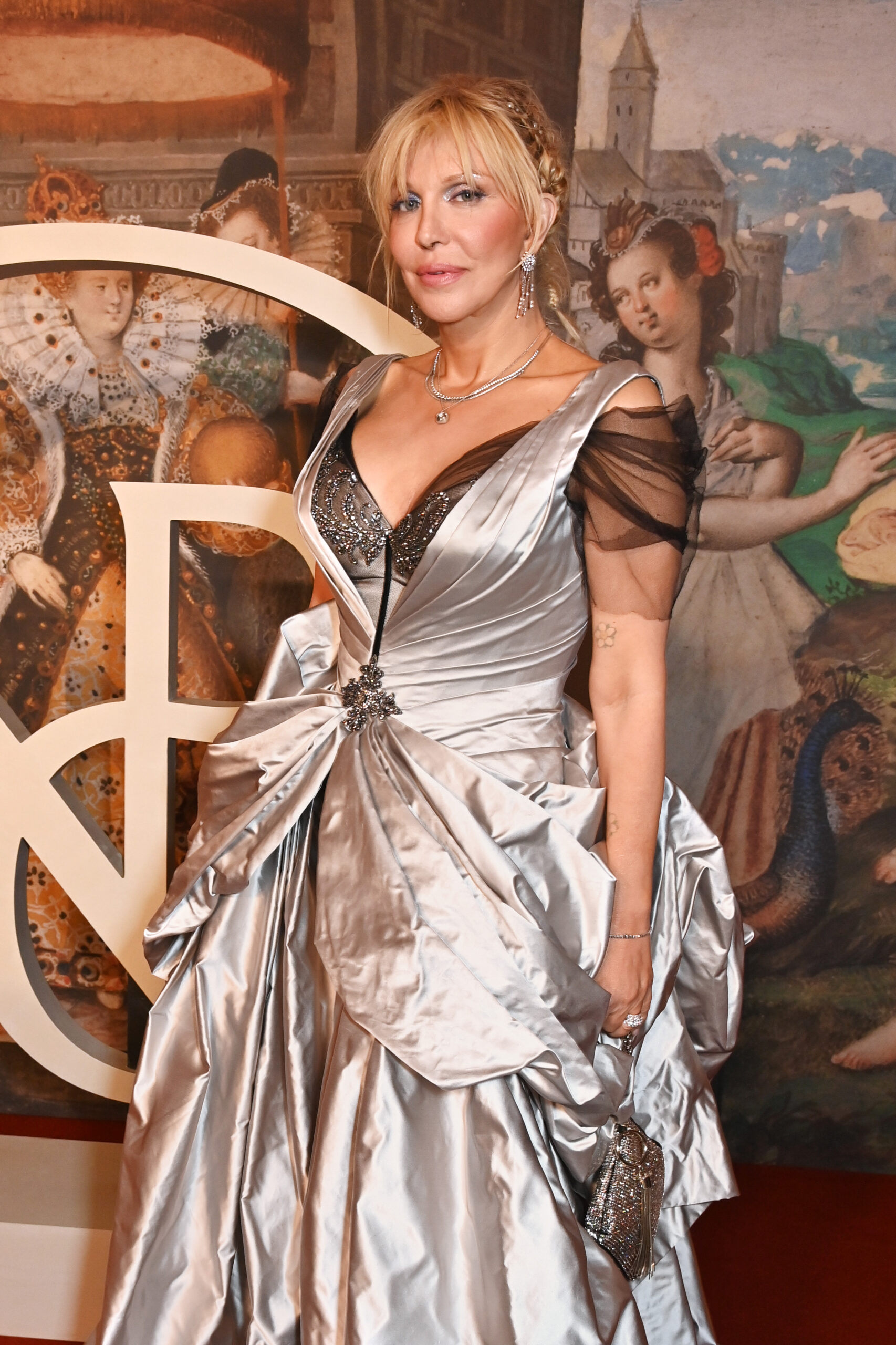
After gaining legal independence, she took an unconventional path, working as a stripper before finding her calling as a rock star and enjoying success with her band, Hole.
Emancipation gave her the freedom she desperately needed, allowing her to forge her own identity. While her journey was far from easy, it ultimately led her to the iconic career that she is known for today, though sadly, the singer still struggles with addiction.
Frances Bean Cobain: Emancipated at 17
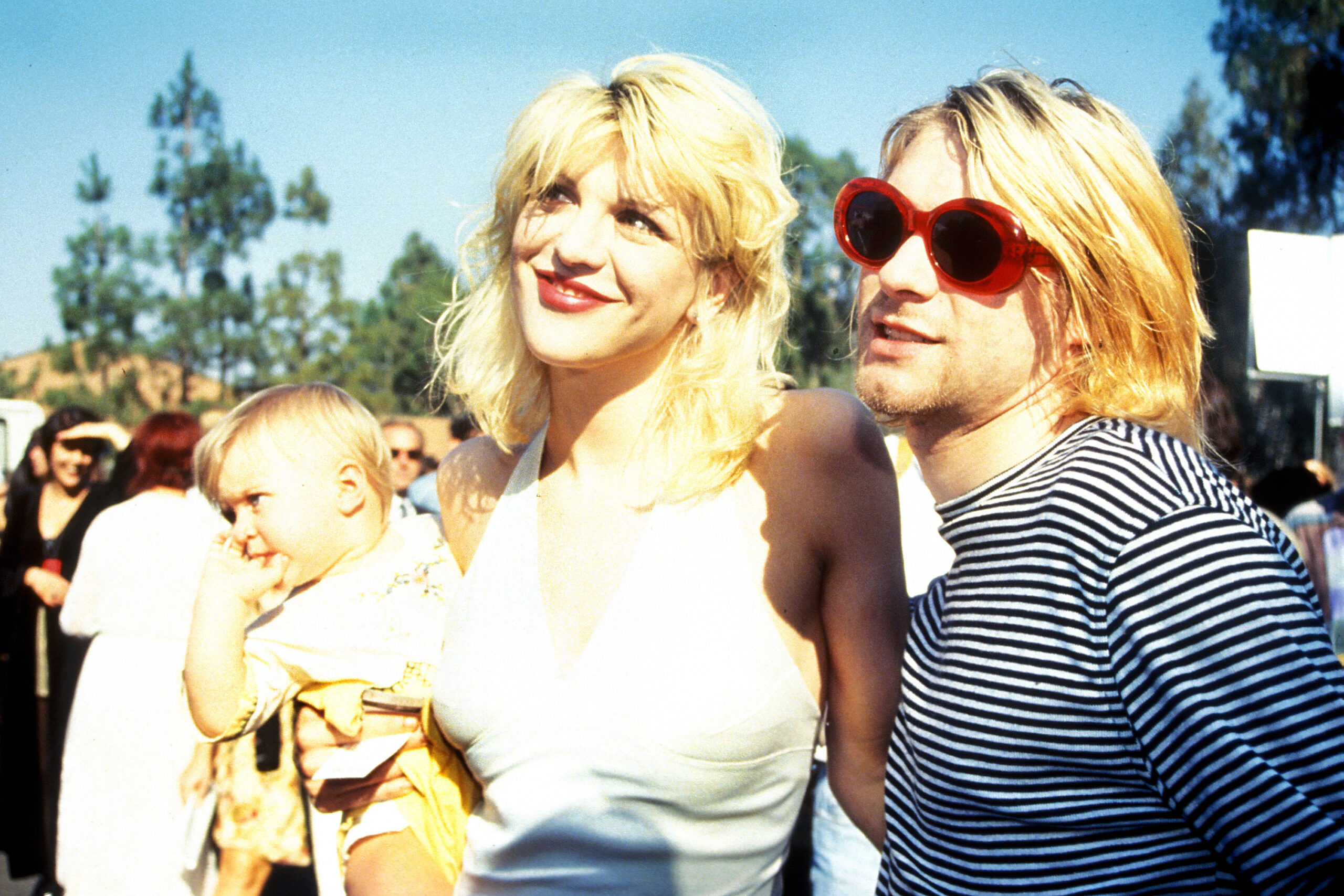
In a sad twist of fate, Frances Bean Cobain, daughter of Nirvana rocker Kurt Cobain and Courtney Love, also divorced from her parents, just like her mother did. She had a difficult upbringing due to Courtney’s battle with addiction and her father’s suicide when she was not yet two years old.
By the age of 17, Frances legally separated from her mother and was placed in the care of her grandmother, Wendy O’Connor, and her aunt, Kimberly Dawn Cobain. It was not an easy decision for the teen to emancipate herself; she explained her deep love for her mum on the RuPaul: What’s the Tee? podcast in 2019.
“When my mum is on a right and healthy path, she is one of the most fulfilling, beautiful, intelligent, and kind people I’ve ever met,” she said.
“The thing with somebody who is as smart as she is, is that she doesn’t know how to sit with herself. Because she’s so deeply empathetic and so intelligent that when she has to just sit inside her skin, she doesn’t know how to handle that. So she’s highly self-destructive because she doesn’t know what to do with all that information and feeling.”

Despite her affection for her mother, Frances realized that to thrive, she needed distance. The relationship between the two remains complicated, with Courtney telling Vanity Fair that she’d “give anything to hear the sound of her heels walking down the hall”.
Rose McGowan: Emancipated at 15
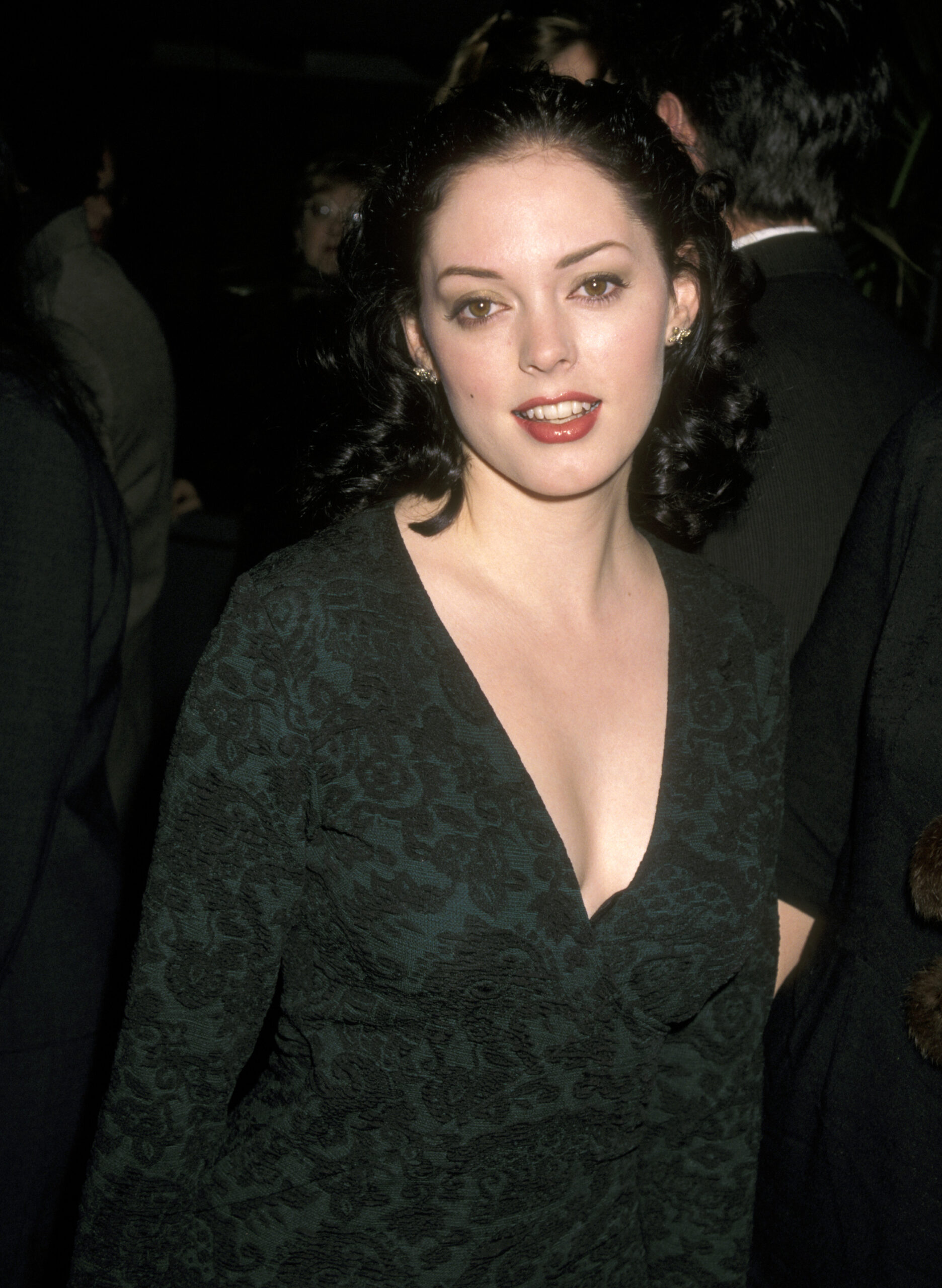
Rose McGowan’s journey to emancipation was born out of necessity. After being raised in the Children of God cult in Italy, her family settled in Oregon. Rose often ran away from home, and after experiencing homelessness, she took the brave step of representing herself in court at 15 to gain legal independence. “I needed to have control of my own life,” she told The Guardian.
The Charmed actress has spoken openly about the fear and instability she faced during those years, describing the constant anxiety of being on her own at such a young age. “It’s a pretty brutal experience to be that young and to be that scared,” she told The Irish Times.
“Safety, I think, is something I don’t know and I’ve never known. The fear will always be there. It’s a rock-bottom, late-at-night fear. It’s the hamster wheel in your head that goes around and around at three in the morning.”
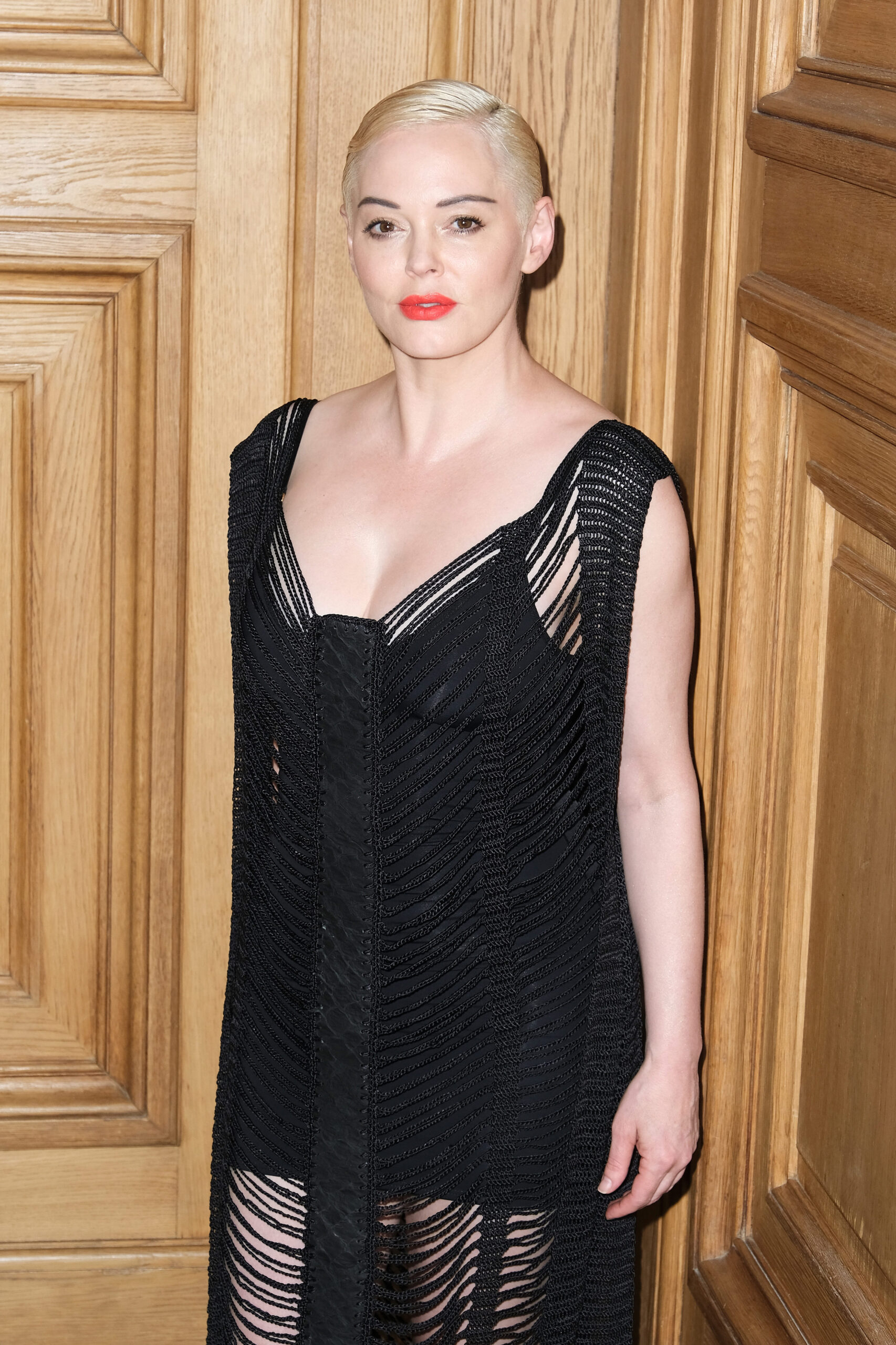
By securing her emancipation, she could control her own life and career, ultimately leading to a successful run in Hollywood.
Her fight for independence laid the groundwork for the advocacy work she later became known for, notably being one of the leading voices of the #MeToo movement.
Michelle Williams: Emancipated at 15
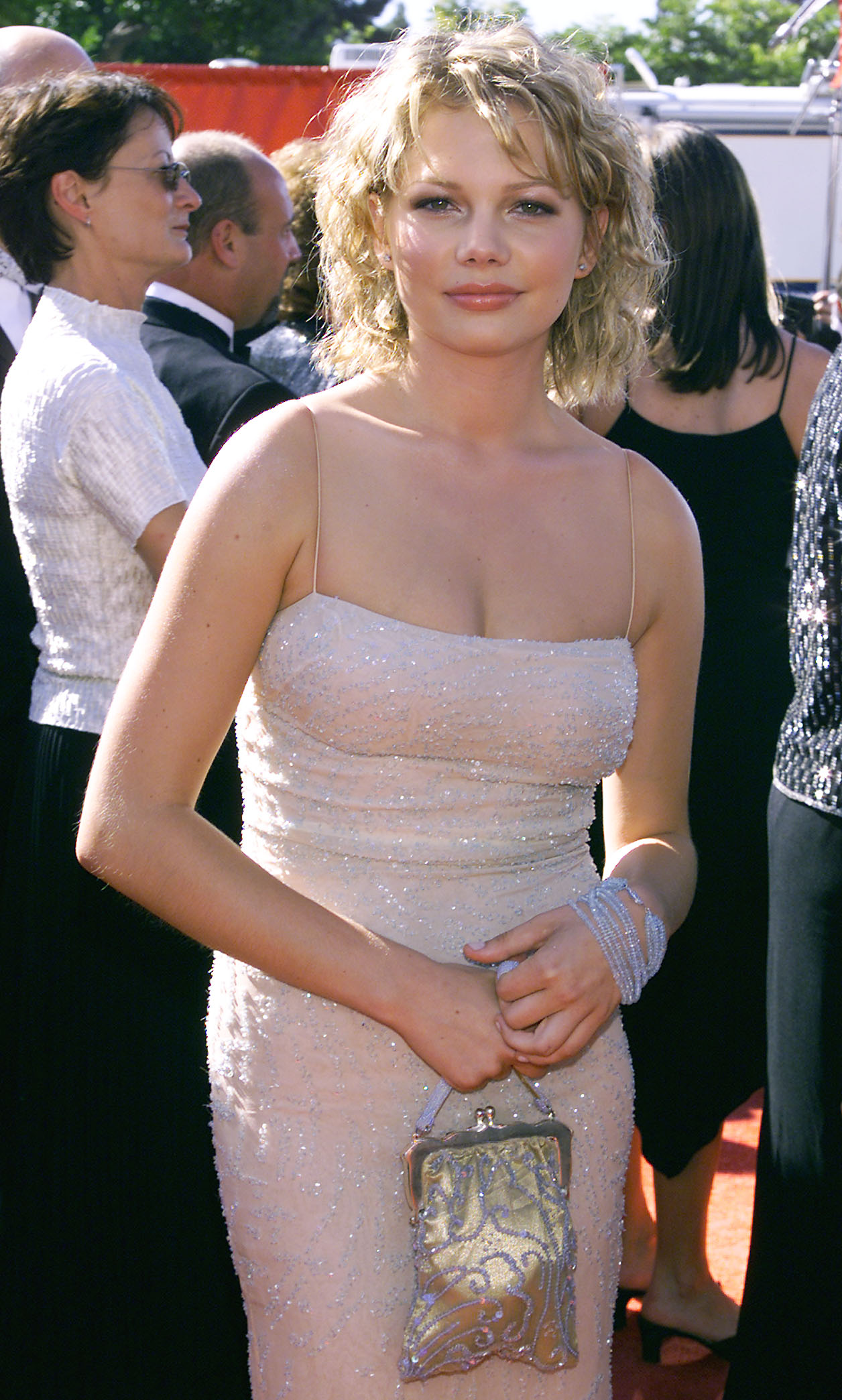
Michelle Williams’ decision to become legally emancipated at 15 wasn’t born from family conflict, but instead a desire to further her acting career.
Inspired by other young Hollywood stars seeking emancipation, the Dawson’s Creek alum petitioned the court for her independence to bypass child labour laws and focus on her future.
“What teenager doesn’t want total autonomy if they have the chance?” she told the NZ Herald. “I got the idea from reading about it in the papers… At the time, there were a lot of kids in Hollywood and in the news doing the same thing.”
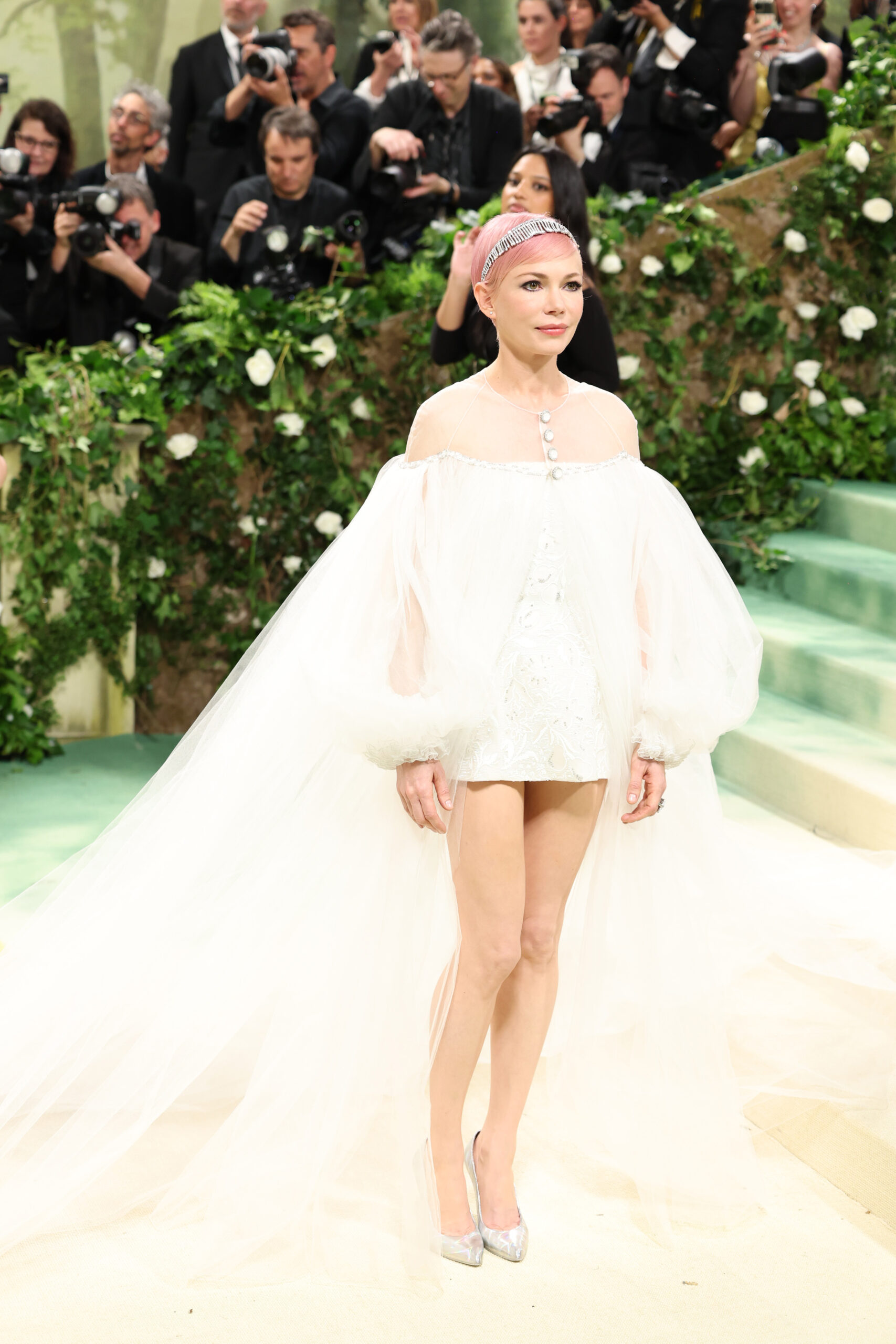
While her family remained supportive, the isolation of living alone in Los Angeles took a toll on the young actress. She spoke candidly about the loneliness she felt during this time to Elle, often referring to herself as “prey.”
Despite these challenges, Michelle worked hard, completing her high school education through a correspondence course while pursuing acting full-time. Emancipation allowed her to build her career on her own terms, paving the way for the success she enjoys today.
Laura Dern: Emancipated at 16
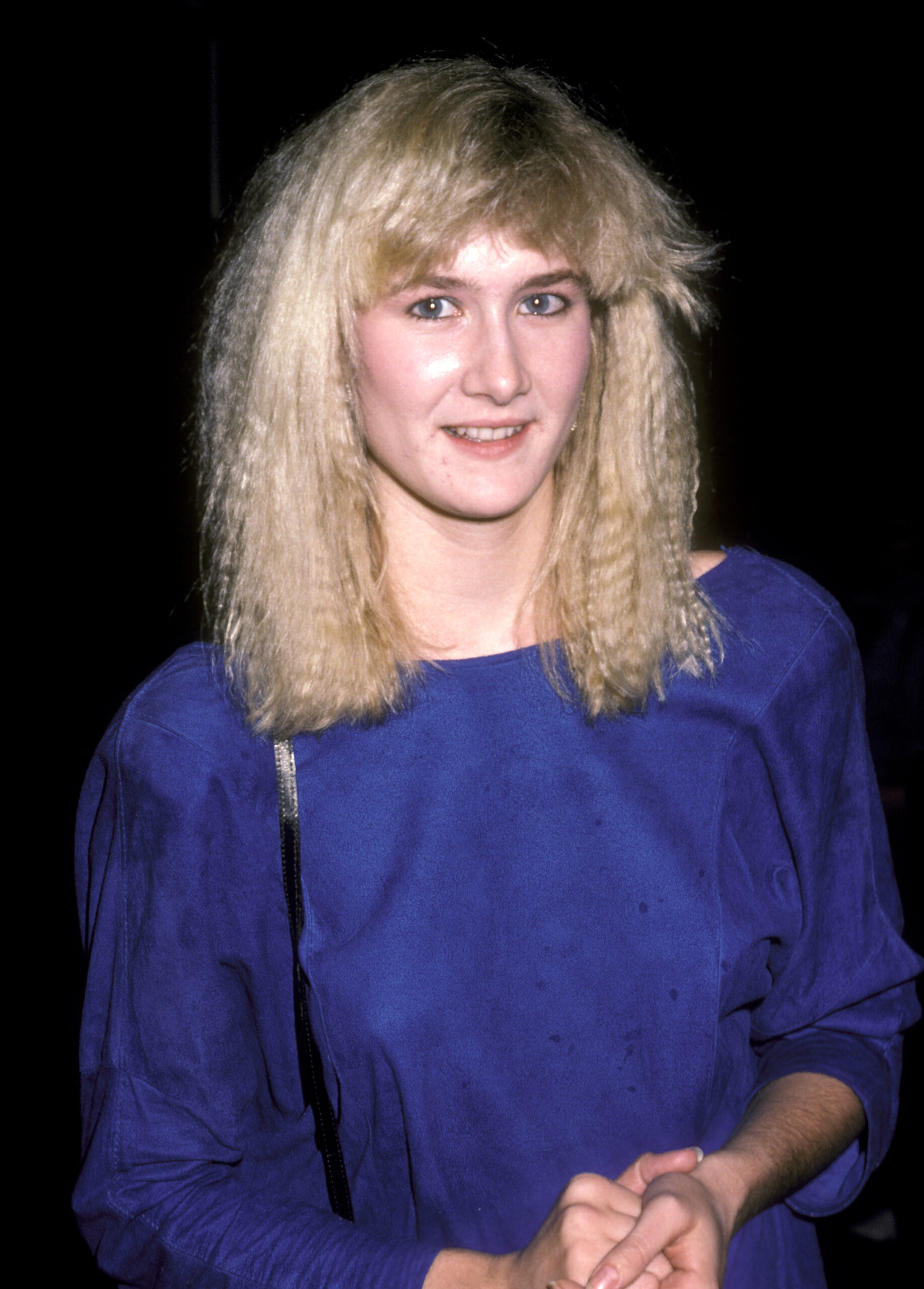
Laura Dern‘s emancipation at 16 wasn’t about escaping a family feud but about gaining professional freedom. Just like Michelle, the Jurassic Park actress successfully petitioned for emancipation to bypass child labour laws that limited her ability to work.
“It’s an uninteresting story, because everybody’s like, ‘Oh my God!’ The drugs and alcohol in her home was so painful for her that she had to flee or whatever. Because it’s used properly for teenagers that need to get away,” she told Vulture.
“But mine was honestly about having the ability to work and make my own decisions in terms of work and hours and all of that.”
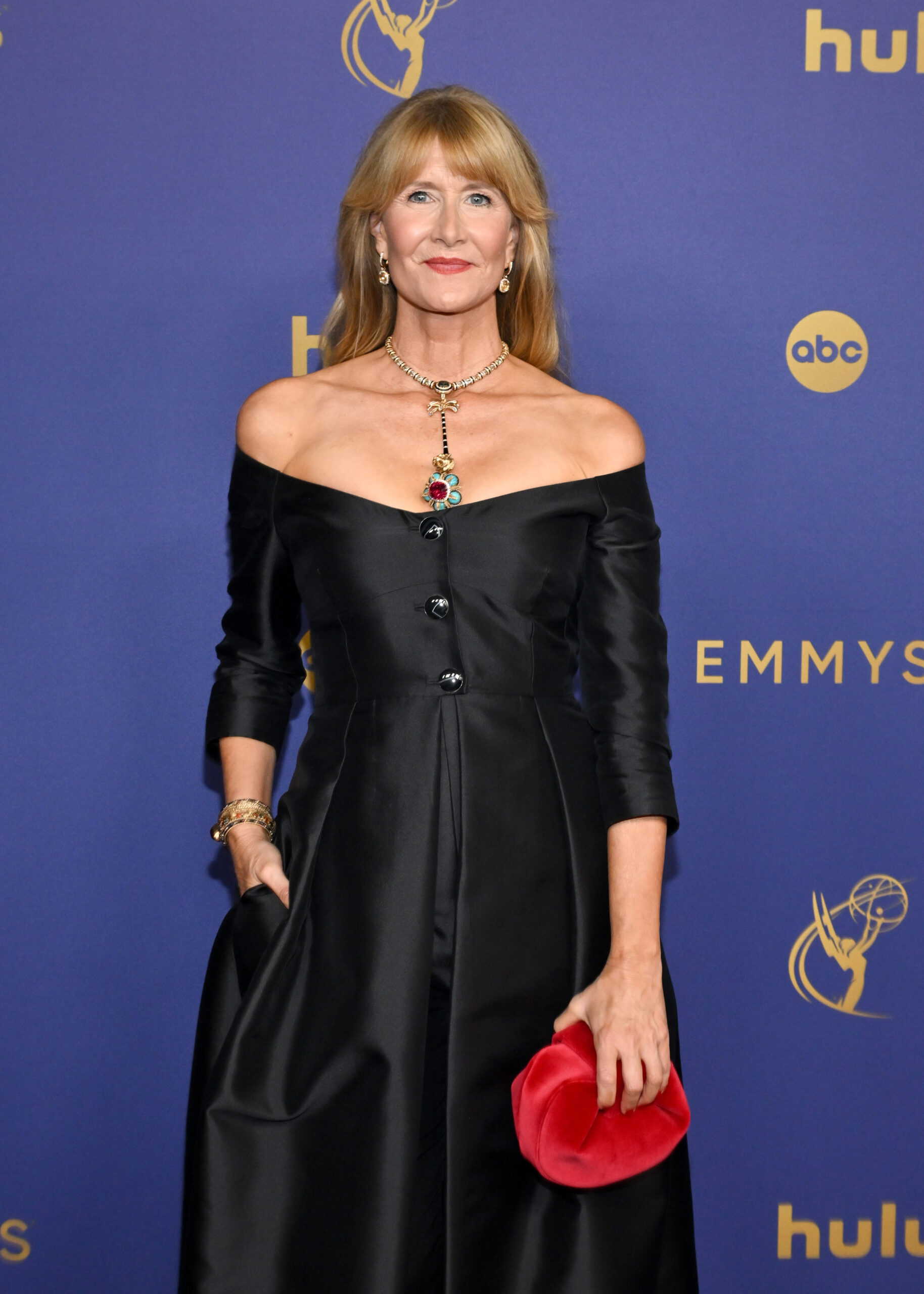
By doubling up on her classes, she graduated from high school early, gaining the independence she needed to commit to her craft fully.
This brave move allowed Laura to navigate Hollywood on her own terms, launching her into a successful career that has spanned decades.
Macaulay Culkin: Emancipated at 14
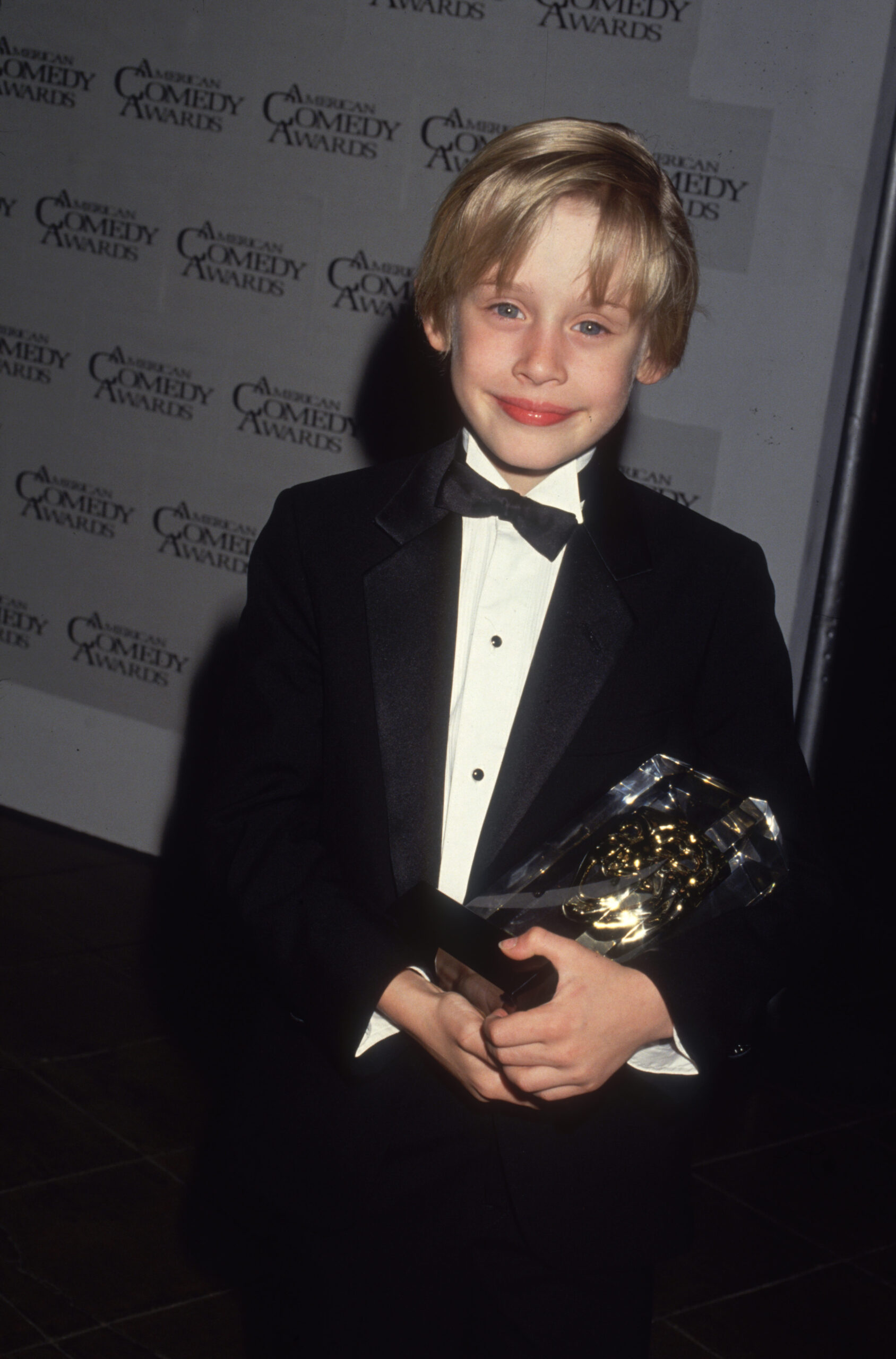
Home Alone hit a bit too close to home with Macaulay Culkin, one of the most recognizable child stars of the nineties, who faced a very public legal battle when he became emancipated at just 14. After years of alleged abuse and financial mismanagement by his parents, he took control of his life and finances, separating from his family to safeguard his future.
In a 2018 interview with Marc Maron, the Richie Rich star revealed that his father was “a bad man” who was “physically and mentally” abusive to him, even threatening him with violence if he didn’t “do good”.
He explained that his emancipation “was one of the best things that’s ever happened as it led to me leaving the industry”. “I wanted to take a break for a while, and eventually I was like, ‘I’m done guys, hope you all made your money because there is no more coming from me.'”
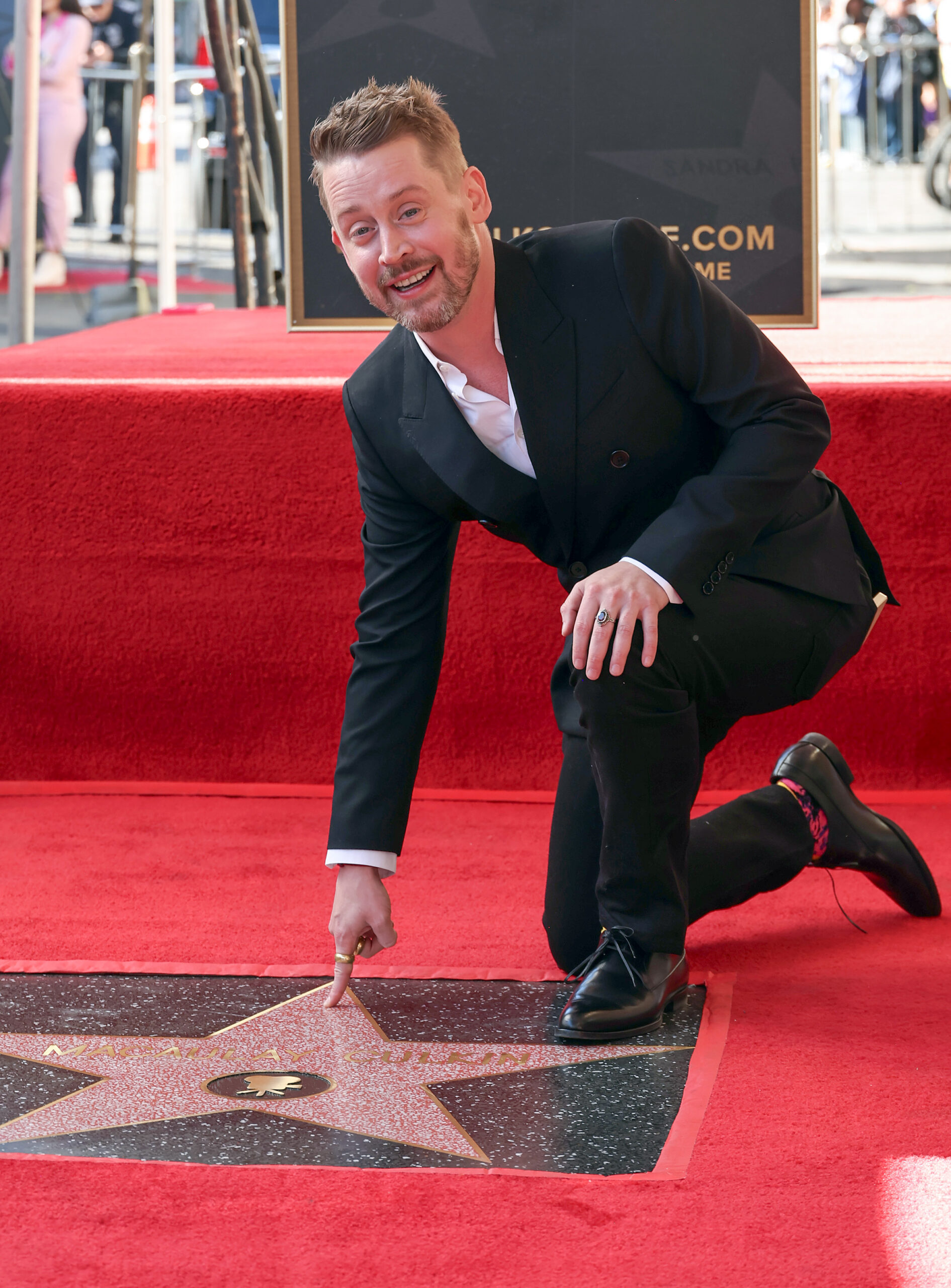
His fight for independence marked a major turning point in his life, allowing him to leave the industry that had consumed his childhood and forced him to grow up too early.
Corey Feldman: Emancipated at 15
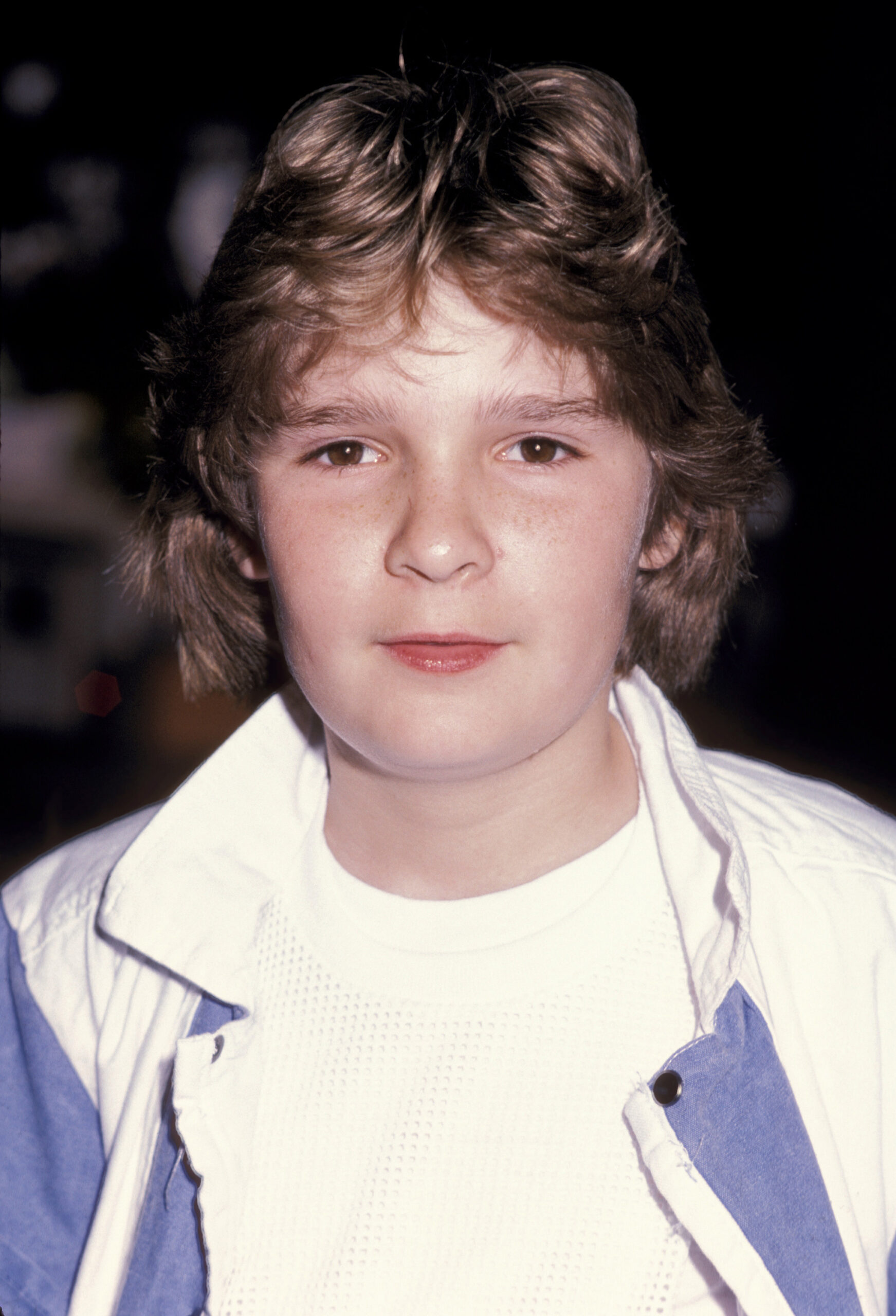
Corey Feldman’s story is one of survival and resilience. Emancipated at 15 after suffering years of abuse and neglect from his parents, Corey was finally able to take control of his life.
In a 2016 interview with The Hollywood Reporter, he revealed the extent of the mistreatment he endured at the hands of the people meant to love him unconditionally. “My parents were both very abusive and very selfish and were more interested in what was happening with themselves than what was happening with my life,” he said.
“My manager-father sued me for $40,000 when I tried to get emancipated, his reasoning being that he was taking time away from his business to be on the set with me.”
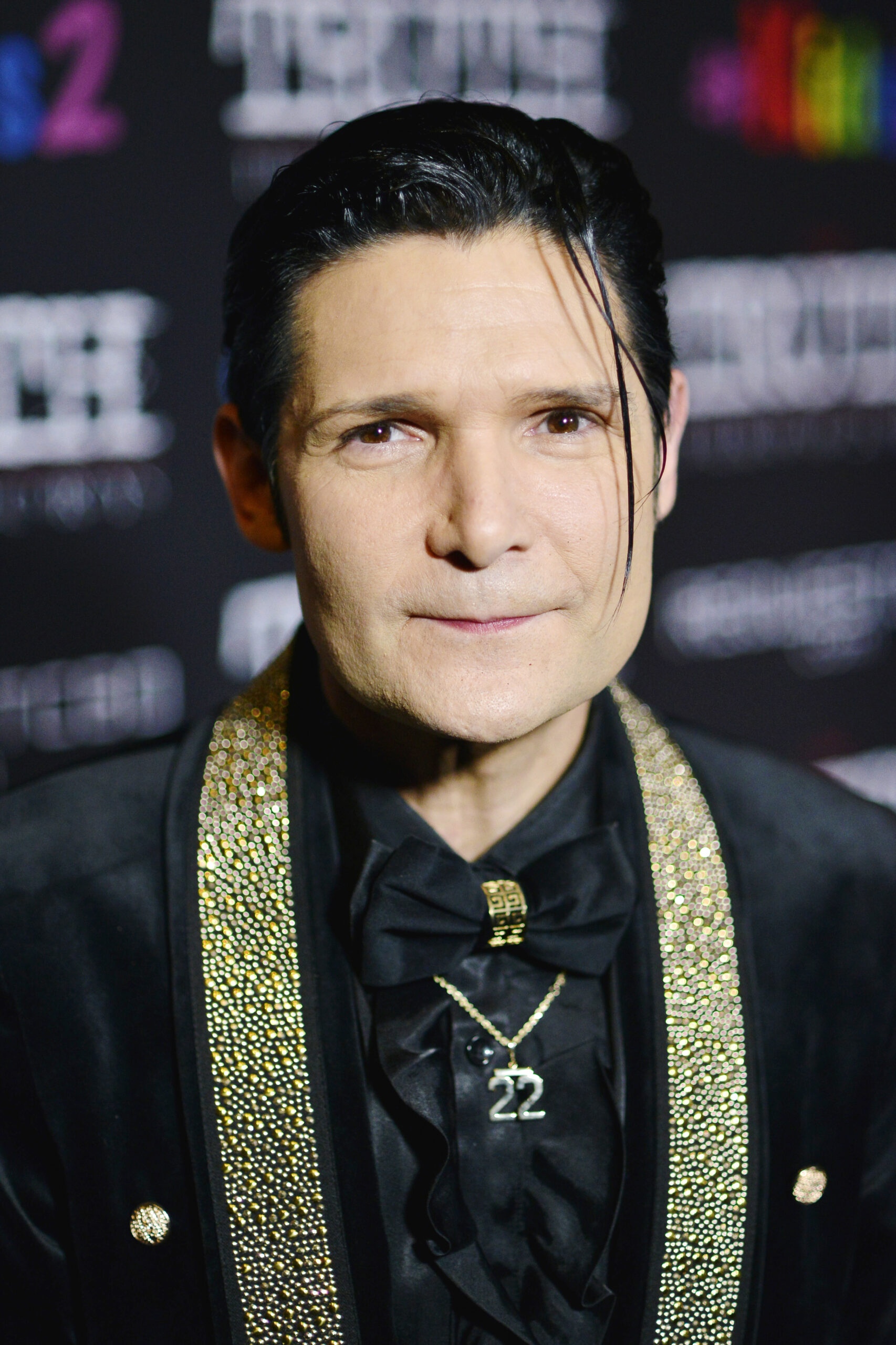
The Stand By Me star’s battle for independence also exposed deeper traumas, including harrowing sexual abuse. “One of the guys, the main guy who molested me, he actually was an employee of my father’s,” he told the publication.
“My father hired this man, and this man coaxed me into trying every single drug that I ever tried. He says, ‘Hey, I’m going to be your best friend. I’ll take you to Disneyland, I’ll take you to the Comedy Store.’ He was my assistant, my driver, my chaperone, and also basically my guardian.”
Emancipation was a necessary step for Corey, allowing him to escape the toxic environment of his upbringing and start over. Though his journey has been fraught with challenges, he continues to speak out about the darker side of child stardom, using his story to advocate for others in similar situations.
BY KATIE FITZPATRICK

